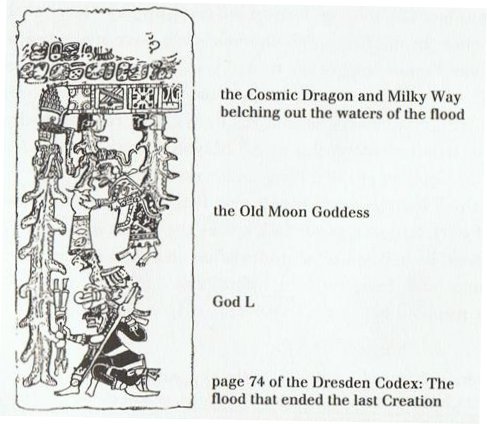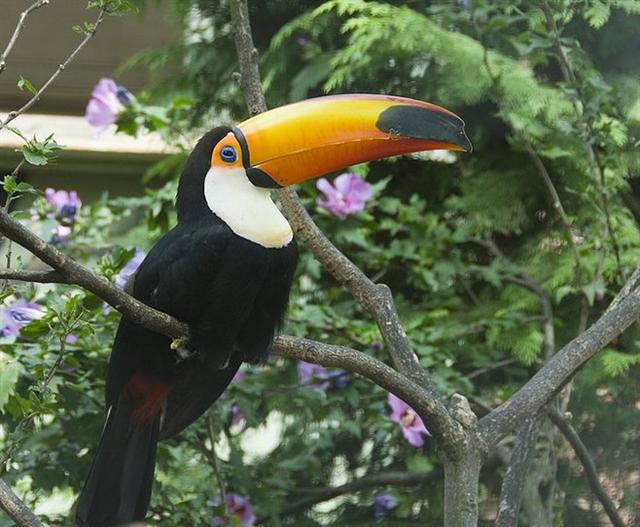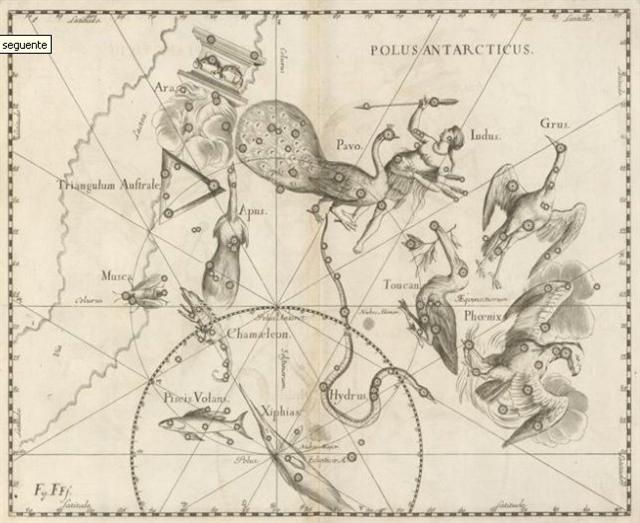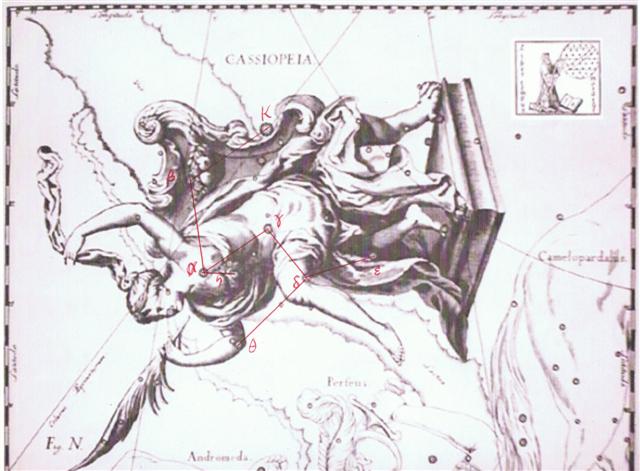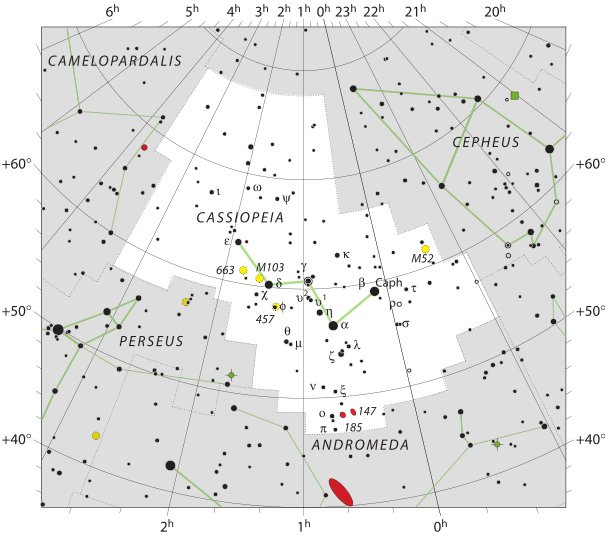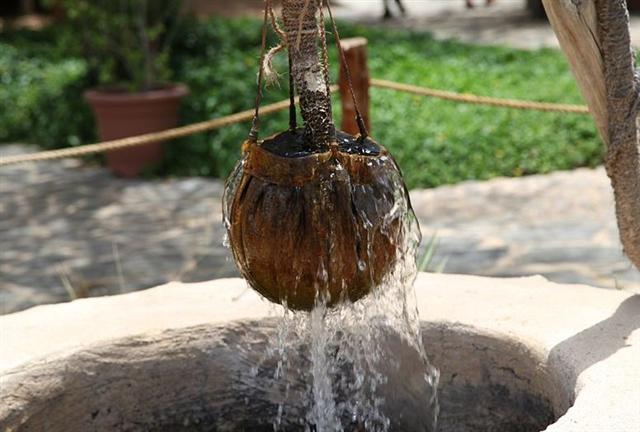The 2nd Spout indicated where 0h (right ascension day zero in the sky) should be.
I suspect the final page of the Dreseden Codex, numbered 74(0), might correspond to the last (mauga) part of a double cycle of 370 days documented on the C tablet (392 + 348 = 740).
Vai. Water, liquid, juice. 1. Vai tagata, semen, sperm (also: takatea). 2. Vai kava, saltwater, sea, ocean. Vanaga. (Sweet) water. Vai-kura = blood. Barthel. 1. Water, liquid, fluid, sap, juice, gravy, fresh water as differing from tai seawater; hakavai to dissolve, to liquefy, to melt. P Pau.: ana-vai, a brook. Mgv.: vai, water. Mq.: vai, water, liquid, juice. Ta.: vai, sweet water, sap, juice. Vaihu (vai-u), milk. T Mq., Ta.: vaiu, milk. Vaipuga (vai-puna), spring water. P Mgv.: vaipuna, water which springs from among stones. Mq.: vaipuna, spring water. Ta.: vaipuna, a spring. Vaitahe (vai-tahe 1), river. 2. Pau.: Vai, to exist. Ta.: vai, to be, to exist. Vaiora, to survive. Sa.: vaiola, the spring 'water of life?' Ma.: waiora, water of life. Vaitoa (vai-toa 2), sugar. Mgv.: vaito, id. Vaituru (vai-turu 1), water conduit. Vaivai, weak. PS Mq.: vaivai, soft, pleasant, agreeable. Sa., To.: vaivai, weak. Pau.: Vaiho, to set down, to place. Ta.: vaiiho, to place. Ma.: waiho, to set down. Pau.: Hakavaivai, to delay. Ta.: vaivai, to rest a bit. Ta.: Vaianu, a plant. Mq.: Vaimata, tears. Ha.: waimaka, id. Vaitahe, a flood. Sa.: vaitafe, a river. Ha.: waikahe, running water, flood. Vaitupu, spring water. To.: vaitubu, well water. Unuvai, to drink water; hipu unuvai, drinking glass. Churchill. Sa., Fakaafo, To., Fu., Niuē, Uvea, Nukuoro, Ta., Rar., Tongareva, Mq., Mgv., Fotuna, Nuguria, Vaté: vai, water. Rapanui: vai, juice, liquid, water. Aniwa: vai, tavai, water. Ma., Ha.: wai, id. Sikayana: wai, wuai, id. Vi.: wai, water. Rotumā: vai, voi, id. Churchill 2. Vairua. 1. Good fortune, good luck. O te vairua i rava'a-mai-ai-i tooku kahu, by a piece of good fortune I got myself some clothes. 2. Misfortune, bad luck; he uga koe e te maga i te vairua-á, you have been unlucky; o piría te vairua, so that no misfortune may happen to you. (Both expressions are ancient and almost unknown today.) Vanaga. Ta.: vairua, vaerua, verua, virua, vaiite, spirit, soul. Ma.: wairua, id. Churchill. Vaitara, winter west wind T. Churchill. The Fore Spout came at the beginning of the Pegasus Square, viz. 16 days earlier than the 2nd. We can perceive a silent viri bird at Bharani, 41.4 right ascension days after the similar such bird at 0h:
The puo type of glyph type was used from Bharani at Gb8-8 (→ 88) to the end of side b:
Puo. (Also pu'a); pu'o nua, one who covers himself with a nua (blanket), that is to say, a human being. Vanaga. 1. To dress, to clothe, to dress the hair; puoa, clothed; puoa tahaga, always dressed. 2. To daub, to besmear (cf. pua 2); puo ei oone, to daub with dirt, to smear. 3. Ata puo, to hill up a plant. Churchill. And here we will return to Bb9-25 - could the upraised arm in the center represent the force of growth (from eating, kai) pushing itself in between the earth and the sky? ... In South America the rainbow has a double meaning. On the one hand, as elsewhere, it announces the end of rain; on the other hand, it is considered to be responsible for diseases and various natural dis[-]asters. In its first capacity the rainbow effects a disjunction between the sky and the earth which previously were joined through the medium of rain. In the second capacity it replaces the normal beneficient conjunction by an abnormal, maleficient one - the one it brings about itself between sky and earth by taking the place of water ...
When I once upon a time classified all the glyphs on the rongorongo tablets into groups I decided pu and puo should belong together:
Pu. 1. To come forward to greet someone met on the road; to walk in front, to go in front: ka-pú a mu'a, let them go first. 2. Pú a mu'a, to intervene, to come to someone's rescue; he-pú-mai a mu'a, he-moaha, he came to my rescue and saved my life. 3. Ancient expression: ai ka-pú, ai ka-pú, tell us frankly what you think. 4. Hole, opening, orifice; well; circumference, rotundity; swirling water; pú-haga, vaginal orifice; pú-henua (also just henua), placenta. He pú henua nó te me'e aau, he-oti-á; ina-á me'e ma'u o te rima i-topa-ai koe, a placenta was all you had, it is a past thing now; you held nothing in your hands when you were born (stern words said to children to make them realize that they must not be demanding, since they were born naked and without possessions). 5. To dig out (tubers): he-pú i te uhi, to dig out yams. Vanaga. 1. A trumpet. P Mgv.: pu, a marine shell. Mq.: pu, conch shell. Ta.: pu, shell, trumpet. 2. A small opening, hole, mortise, stirrup, to pierce, to perforate, to prick; pu moo naa, hiding place; taheta pu, fountain, spring; hakapu, to dowel, to pierce, to perforate. PS Sa., Fu., Niuē: pu, a hole. Churchill. Mq.: Pu, source, origin. Ma.: pu, root, origin, foundation. Churchill.
|
||||||||||||||||||||||||||||||||||||||||||||||||||||||||||||||||||||||||||||||||||||||||||||||||||||||||||||||||||||||||||||||||||||||||||||||||||||||||||||||||||||||||||||||||||||||||||||||||||||||||||||||||||||||||||||||||||||||||||||||||||||||||||||||||||||||
